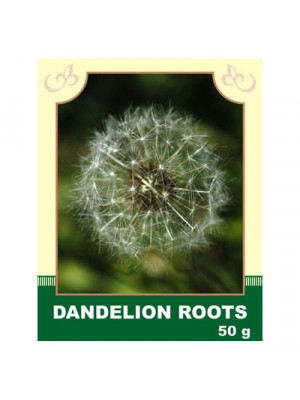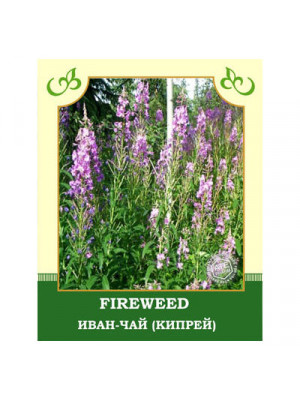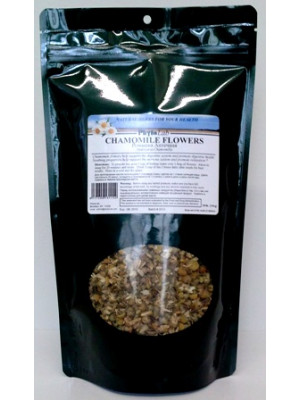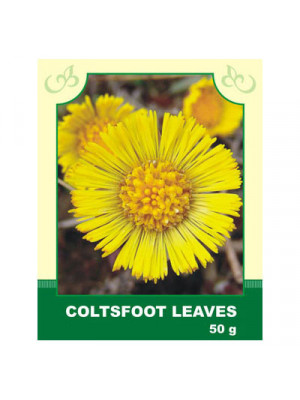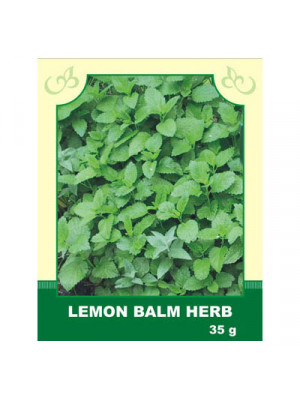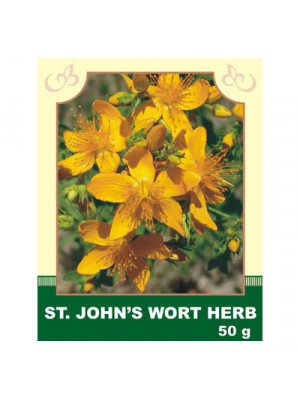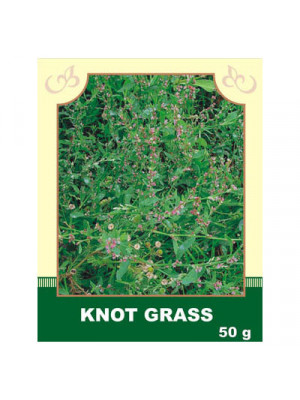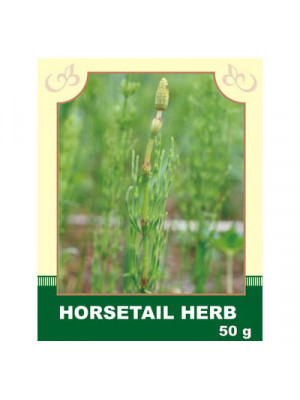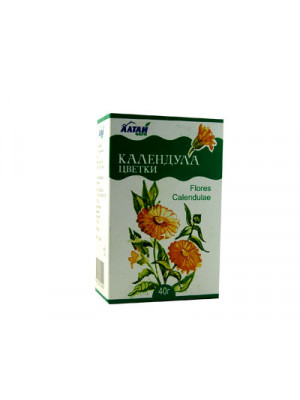Herbs
Internal use:
Take internally as an appetite stimulant and digestive aid, as well as for deworming, as a cholagogue, and as a mild laxative for liver diseases, spleen conditions, gastritis, chronic constipation, hemorrhoids, and inflammatory conditions of the lymph nodes, furunculosis, medicamentous dermatitis, and acne. It improves overall well-being, normalizes metabolism, reduces cholesterol levels in the blood, and improves blood composition in anemia.
Method of application and dosage: Pour 1 tablespoon of roots with 200 ml of boiling water, boil for 15 minutes in a water bath, infuse for 45 minutes at room temperature, strain. Bring the ready infusion to the initial volume and take 1/3 cup 3-4 times a day 15 minutes before meals.
External use:
Externally, it is applied as rubs and washes for furunculosis, acne, dermatitis, and as a whitening agent for washing the face to get rid of freckles. Pour 2 tablespoons of raw material with 300 ml of boiling water, simmer for 15 minutes over low heat, infuse until cooled.
Contraindications: Individual intolerance, acute conditions with biliary tract obstruction, increased secretion of hydrochloric acid (peptic ulcer and gastritis).
$6.99Internally, it is taken as an anti-inflammatory and analgesic agent for stomach ulcers, gastritis, colitis, migraines, and insomnia. It stimulates cardiac activity. A water or alcohol extract of cypress prevents the inflammatory process and has a healing effect in acute and chronic diseases of the prostate, adenoma, inflammation of the ureters, chronic inflammation of the bladder, as well as in supportive and absolutely harmless therapy after prostate surgery.
Methods of application and dosage: 15 g of raw material is poured with 200 ml of boiling water, heated in a water bath for 30 minutes, infused at room temperature for 10 minutes, strained, and taken 1 tablespoon 3-4 times a day before meals.
Externally, it is used for rinsing wounds and ulcers. Compresses - as a pain reliever for otitis, bruises.
Contraindications: individual intolerance.
$6.99
Description. Chamomile has been known of since ancient times and has been called the plant's physician because ailing garden plants recover when it is planted close to them. Chamomile is one of the most widely used ingredients in herbal teas worldwide. An infusion of the flowers is taken internally as an anodyne, anti-inflammatory, antiseptic, antispasmodic, carminative, cholagogue, diaphoretic, emmenagogue, febrifuge, sedative, stomachic, tonic and stimulating metabolism. In particular it is an excellent herb for various digestive disorders, nervous tension and irritability and is also used externally for skin problems. Use. An infusion is particularly useful as a stomachic, nervine and sedative for young children, especially when they are teething. It is also used for irritable bowel syndrome, peptic ulcers and hiatus hernia. In large doses, or when taken regularly for several times each day, the tea can be emetic and can also cause the symptoms it is intended to cure. The flowers are also used externally to treat wounds, sunburn, burns, hemorrhoids, mastitis and leg ulcers. We believe that every home should have therapeutic chamomile in their medicine cupboard - especially where there are young children.
Warning! Before using any herbal products, make sure that you have full knowledge of how the herb works and any adverse reaction it may cause.$9.99Folk remedy for strengthening hair and combating dandruff:
A decoction of coltsfoot mixed with nettle is an effective remedy for strengthening hair and combating abundant dandruff.
Internal use:
Take it internally for the following conditions: bronchial asthma, bronchitis, pleurisy, pneumonia, runny nose, flu, inflammatory processes in the oral cavity, toothache, arthritis, myositis, allergies, epilepsy, malaria, edema, shortness of breath, gastrointestinal diseases, peptic ulcer, gastritis, heart diseases, bladder, and kidney diseases.
Preparation and dosage: Pour 5 g of raw materials with 200 ml of boiling water, boil for 10 minutes, infuse at room temperature for 10-15 minutes, then strain. Take 1 tablespoon 3-4 times a day before meals.
External use:
Externally, the decoction is used for accelerating the ripening of boils, for chronic wounds and ulcers. It is also used for gargling in case of angina and for douching in inflammatory diseases of the female genital organs accompanied by discharge. For external use, pour 50 g of raw materials with 1 liter of boiling water, boil for 5 minutes, strain, and apply externally.
Contraindications: Individual intolerance.
$6.99Internal use:
Take internally for nervous weakness, migraines, insomnia, general weakness, certain forms of asthma, colds, skin rashes, heartaches, palpitations, stomach and liver colic, anemia, and to improve metabolism.
Preparation and dosage: Pour 3 teaspoons of raw material with 200 ml of boiling water, infuse for 15 minutes, strain, squeezing the remaining raw material. Drink the warm infusion before bedtime in small sips, about a glass.
External use:
Externally, it is used for inflammation of the gums and furunculosis. Alcohol tincture is applied for rheumatic pains and myositis, compresses prepared from the herb are used as a pain reliever for bruises, arthritis, and ulcers. For baths: pour 75 g of raw material with 3 liters of boiling water, boil for 5 minutes, infuse until cooled, strain, and pour into the bath.
Contraindications: Individual intolerance.
$6.99
Description. Herb and flowers contain different flavonoids (rutin, hyperoside, isoquercetin, quercitrin, quercetin, amentoflavone, astilbin, miquelianin), phenolic acids, phloroglucinols and essential oils. St. John's Wort has recently become one of the heavyweight herbs in medicine, mostly due to it's reputed anti-depressant effects. St John's wort is most widely known as a herb for major depression. In some countries, such as Germany, it is commonly prescribed for mild depression, especially in children, adolescents, and where cost is a concern. Lesser known medicinal attributes of this plant include usefulness as an antiseptic, pain killer, and anti-viral agent. Water infusion of St. John's Wort Herb is good for heart disorders, irritability and insomnia, for improoving bile composition and liver disorders (powerful diuretic)and for women's urogenital inflammations. St.John's Wort due to its high bio-active effect is an excellent support for men's health! Uses. St. John's wort has also shown results in the following conditions, a few of which are related to depression. They are alcoholism, bacterial infections, premenstrual syndrome, seasonal affective disorders, viral encephalitis, wounds, minor burns, hemorrhoids. Moreover, internally, St. John's Wort is believed to be of benefit for symptoms of anxiety, cough, digestion, bronchial problems, diarrhea, fatigue, flu, gout, insomnia, irritability, and ulcers. Externally, St. John's Wort can be applied for bruises, wounds, burns, hemorrhoids, sunburn, herpes sores, varicose veins, sciatica, and nerve pain. Avoid taking the herb if you are hypertonic. Water infusion is used as a mouthwash for weak gums, parodontosis and other oral inflammations.
Attention! Before using any herbal products, make sure that you have full knowledge of how the herb works and any adverse reaction it may cause.$6.99
Description.Salmon stated: 'Knotgrass is peculiar against spilling of blood, strangury and other kidney affections, it cools inflammations, heals wounds and cleanses and heals old filthy ulcers. The chemical composition of Knot grass is complex. The herb is considered to be a treasure of protein, cellulose, tannins and sugars. It also contains phosphor, calcium, zinc, ascorbic acid, silicon and carotin. That is why it is not a surprise that knotgrass is popular with physicians and dietitians. The plant is used as it is astringent, anti inflammatory, diuretic, antiseptic, anesthetic, expectorative, cholagogic, laxative, wound healing and febrifuge. Use. Knotgrass is used for colds, bronchitis, pneumonia, coughs, asthma, tuberculosis, insomnia, mouth inflammations, gastritis, skin diseases, stomach disorders and stomach ulcers. The herb is considered to be of great help for respiratory apparatus and female breeding organs. Many women cured sterility after drinking knotgrass as tea for some time. Knotgrass prevents the formation of urinary stones. Due to presence of tannins this herb is of great value for fortifying blood vessels and for gastrointestinal tract.
Attention! Before using any herbal products, make sure that you have full knowledge of how the herb works and any adverse reaction it may cause.$6.99Internally, a watery infusion of the leaves is used for gastritis, diarrhea, catarrh of the colon, conditions associated with diarrhea and constipation, inflammation of the small intestine, jaundice, hemorrhoids, uterine bleeding, heavy menstruation, asthma, and as a diuretic.
Method of application and dosage: Place 2 tablespoons of raw material in a thermos, pour 250 ml of boiling water, infuse for 1 hour. Drink 1/3 cup 3 times a day before meals. Externally, the infusion of leaves is used in the form of enemas and washes for bleeding and inflamed hemorrhoidal nodes.
Contraindications: individual intolerance.
$8.99Internally: Used as a diuretic for edema due to insufficient circulation, as well as for inflammatory processes of the bladder and urinary tract, pleurisy with a large amount of exudate, and as a hemostatic agent, especially for uterine and hemorrhoidal bleeding. Increases urine output, reduces the amount of protein in it, improves overall metabolism in the body, reduces edema of various origins, and stops inflammatory processes.
Method of application and doses: Steep 4 tablespoons of dry herb in 2 cups of hot boiled water, strain. Drink the infusion (warm) sip by sip throughout the day.
Externally: Used to strengthen hair, treat old wounds and ulcers, and in the treatment of skin diseases. Steep 50 g of the herb for a day in 3 cups of cold water, strain. Use for baths, rinses, and compresses.
Contraindications: Individual intolerance, in case of acute kidney inflammation. Poisonous plant, requires caution in use.
$6.99- Calendula flowers have antiseptic, anti-inflammatory, mild sedative, choleretic, spazmaliticheskoe action$5.99


